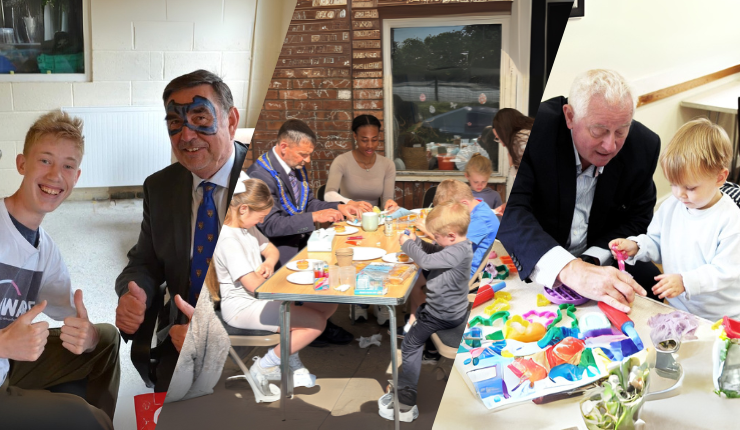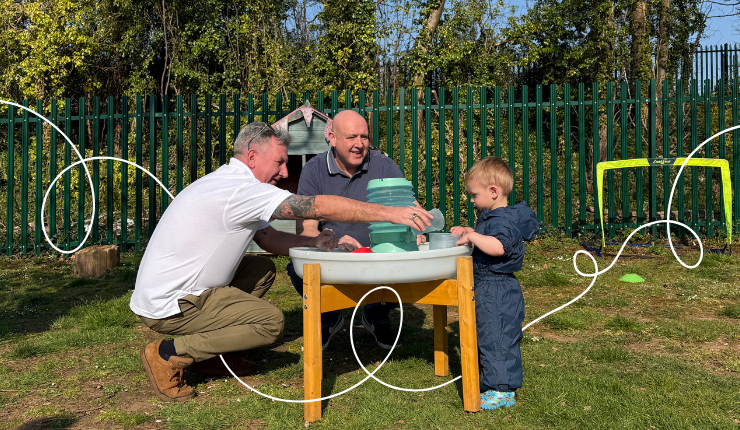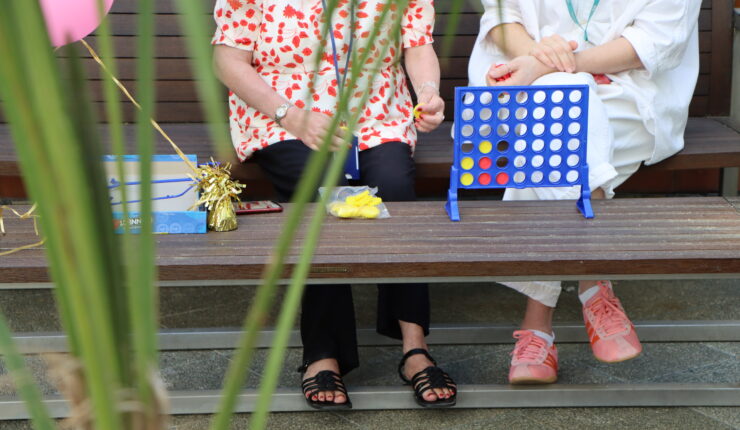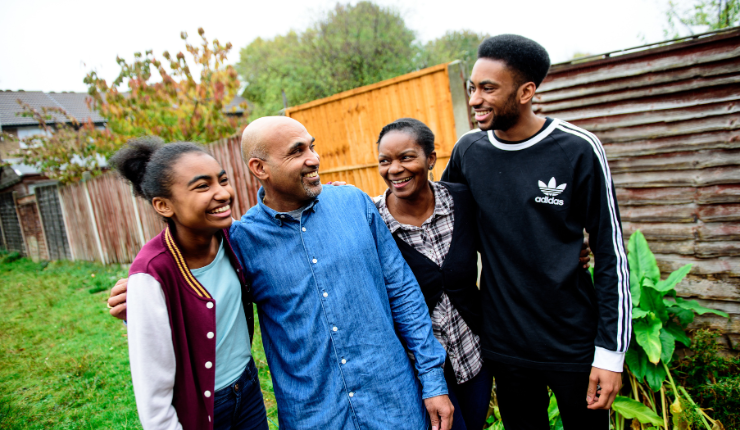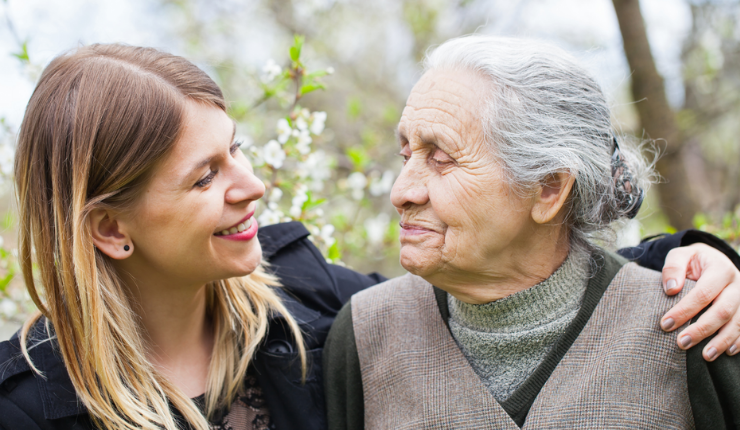Grant-making, Support for charities
Why we are supporting Loneliness Awareness Week
Katrina Kerr, Head of Charity Grants
Loneliness Awareness Week is an annual event that sees people and organisations come together to raise awareness of loneliness. Through our dedicated charity grants programme, we aim to support older people at risk of loneliness and isolation. To celebrate the MCF’s contribution to tackling this social issue, we invited our Head of Charity Grants, Katrina Kerr:
 I’ve been with the MCF since its inception in 2016, and before that I worked at The Freemasons’ Grand Charity. It’s been great to see the MCF’s charitable focus grow and develop over the years, and I’m really proud of the work we do in tackling loneliness.
I’ve been with the MCF since its inception in 2016, and before that I worked at The Freemasons’ Grand Charity. It’s been great to see the MCF’s charitable focus grow and develop over the years, and I’m really proud of the work we do in tackling loneliness.
In my role, I help to lead the direction of the charity grants programmes and look for opportunities for the MCF to reach the most disadvantaged in society. When deciding the areas to focus on, we do a lot of research and look at trends to see where our help is most needed. We’ve done a lot of research into loneliness and isolation in later life, and we can see that it’s not only a big problem, but one that’s growing too.
We found that, in the UK, over half of all people over the age of 75 live alone. We also found that older people are particularly susceptible to loneliness after major life events like the death of a partner, changes to living arrangements, and declining physical health. As people live longer and more government services are cut, the gap between what is needed and what is available is widening.
Sadly, there are quite a lot of barriers that can stop older people from living the life they want to live. They might need extra support like information, equipment and support networks, but lack access to them, leading to feelings of loneliness and isolation.
Our research showed that these feelings can actually have a huge impact on physical, as well as mental health. Shockingly, a lack of social connections can increase the risk of mortality by up to 26 per cent. When you consider that there are 200,000 older people in the UK who haven’t had a conversation with friends or family for more than a month, it’s undeniable that something has to be done.
Over the past five years, we’ve worked hard to develop a robust programme to support thousands of older people at risk of loneliness and isolation. So far, we’ve given more than £2.5 million in funding to projects and charities that work to remove the barriers older people face, giving them better access to the support they need to lead happy, healthy lives. The initiatives take many forms, from befriending clubs to sensory support to, my personal favourite, gardening clubs. We’ve seen some incredibly positive feedback and it’s clear that programmes like these are sorely needed.
We have a rigorous selection process which ensures our grants have the biggest impact where they’re most needed, often using resources like the expertise of our friends at Age UK to pinpoint exactly where our funds should be allocated. We’re so lucky to work with such a diverse range of charity partners – all of us united by our aim of eradicating loneliness and isolation in later life. We work with charities of all sizes – from grassroots organisations embedded in communities to national charities with incredible resources. That approach is helping us to provide much-needed lifelines to older people.
Since we started this programme in 2019, we’ve funded 76 charities tackling loneliness and isolation across England and Wales. For the duration of the grants, we keep in close contact with the charities, helping them to monitor their success and deliver their goals. I’m thrilled by the fact that last year, our grants to charities helped 25,725 older people access the support they needed to tackle loneliness and live a healthier and more fulfilling life.
Loneliness and isolation is, unfortunately, not a problem that can be solved overnight. However, we’re currently looking at how COVID-19 has affected society and are assessing the social climate in post-pandemic England and Wales. Loneliness is predicted to rise by 50 per cent by 2025, so we’re keen to carry on our thorough research and collaboration with charities and communities to tackle the problem together.
Want to find out more?
Discover how our grants to charities supporting older people at risk of isolation and loneliness.
